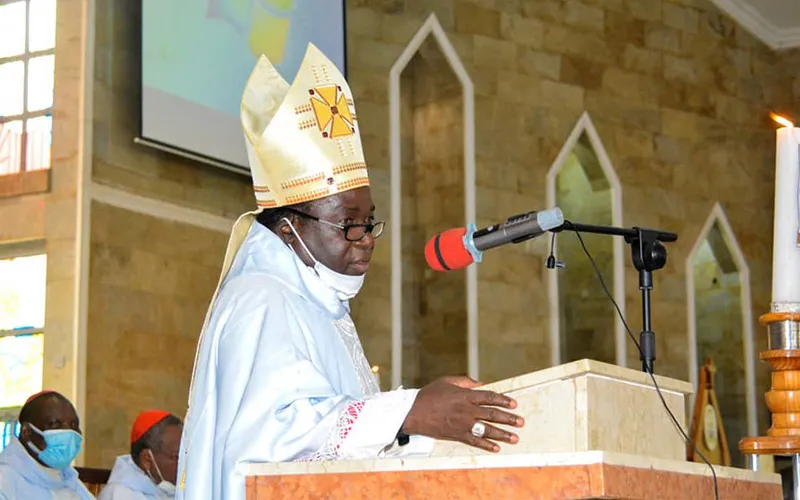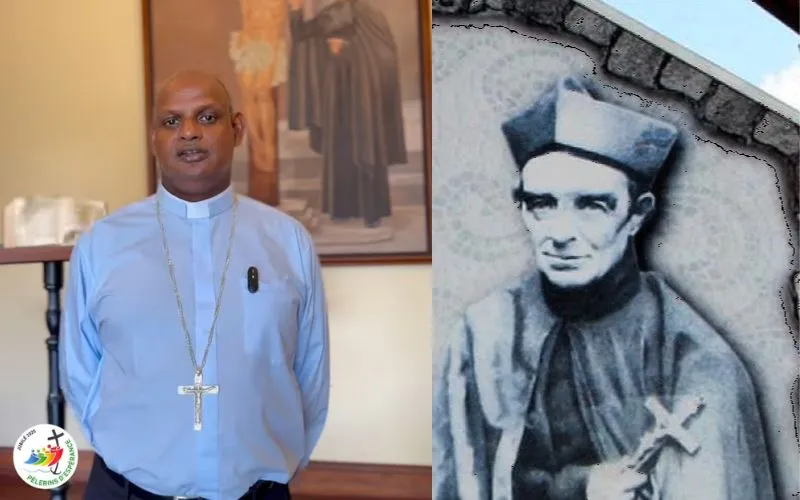Bishop Kukah recalled his encounter with a resident of Yola years back saying, “When I visited Yola in the course of my work with the American University, I witnessed the resilience of individuals. Someone told me that if you lived in this town and did not have refugees in your home, then it was a sign that you were a wicked man.”
“I recall speaking to one of the Muslims around the Cathedral who said to me to this effect: It is quite ironic, how suffering and persecution has taught me a great lesson about our Christian brothers. I have never had much contact with Christians beyond seeing them, but Boko Haram brought me to the Cathedral where we came to take refuge,” Bishop Kukah shared during the April 13 anniversaries of Bishop Mamza.
The IDP, Bishop Kukah said, had told him, “No one has asked me about my religion here. It is most strange that I am running away from a fire lit by Boko Haram who say they are Muslims and now being accommodated by Christians who have been presented as our enemies and unbelievers!”
Boko Haram insurgents have been active in the Northern part of Nigeria since 2009 when members of the jihadist group started orchestrating attacks with an aim of turning the West African country into an Islamic State.
According to the United Nations, the Boko Haram violence has displaced 304,562 Nigerians.
In his homily during the April 13 Eucharistic celebration, the 68-year-old Local Ordinary of Sokoto lauded Bishop Stephen Dami Mamza of Yola for the successful completion of the Resettlement Estate which comprises 86 houses, a primary school, health facility, five boreholes, a church and a mosque.
Referencing the Estate’s Mosque whose construction was fully funded by the Diocese of Yola, Bishop Kukah said, “By using church funds to build a mosque, Bishop Mamza has acted quite scandalously in the eyes of some of his faithful.”
“However, Christianity is a scandalous religion,” he said, and explained that “Jesus scandalized the people when he befriended and ate with sinners, prostitutes and tax collectors. It was scandalous for Him to allow himself to be killed in the most humiliating way of the cross.”
According to the Bishop of Sokoto, it is only through such activities that “we can build a complicated society like Nigeria. Boko Haram, banditry, kidnapping and all the negative things that threaten to drown our country are evidence of how the consequences of our becoming prisoners to prejudice.”
“Given that in Northern Nigeria, Christians are being openly discriminated against, denied lands for places of worship, their churches destroyed with no compensation, all we can do is hope that our Muslim brothers will light their candles from what Bishop Mamza has done so that indeed, our dialogue will no longer just be photographs and grand speeches, but real, concrete, life changing engagements,” said Bishop Kukah.








